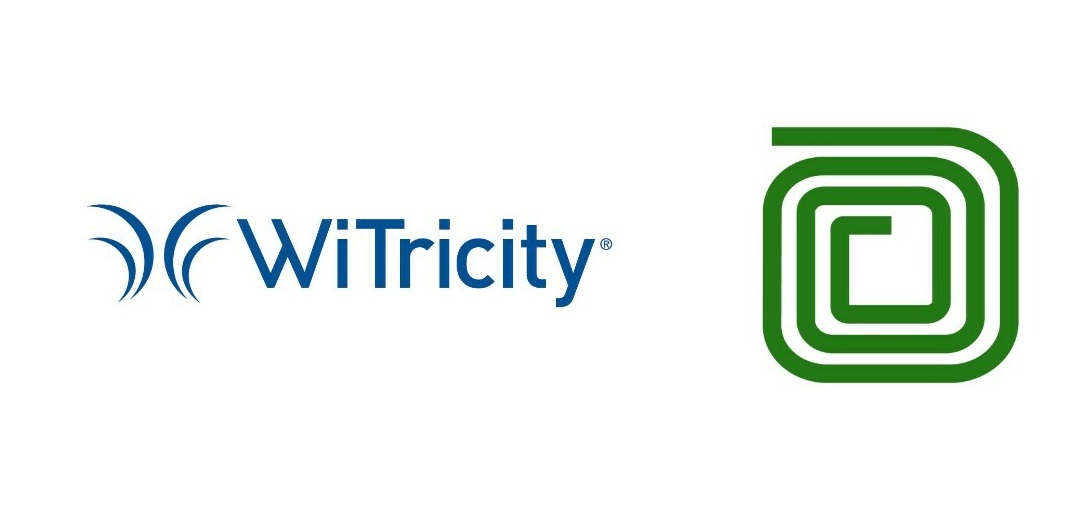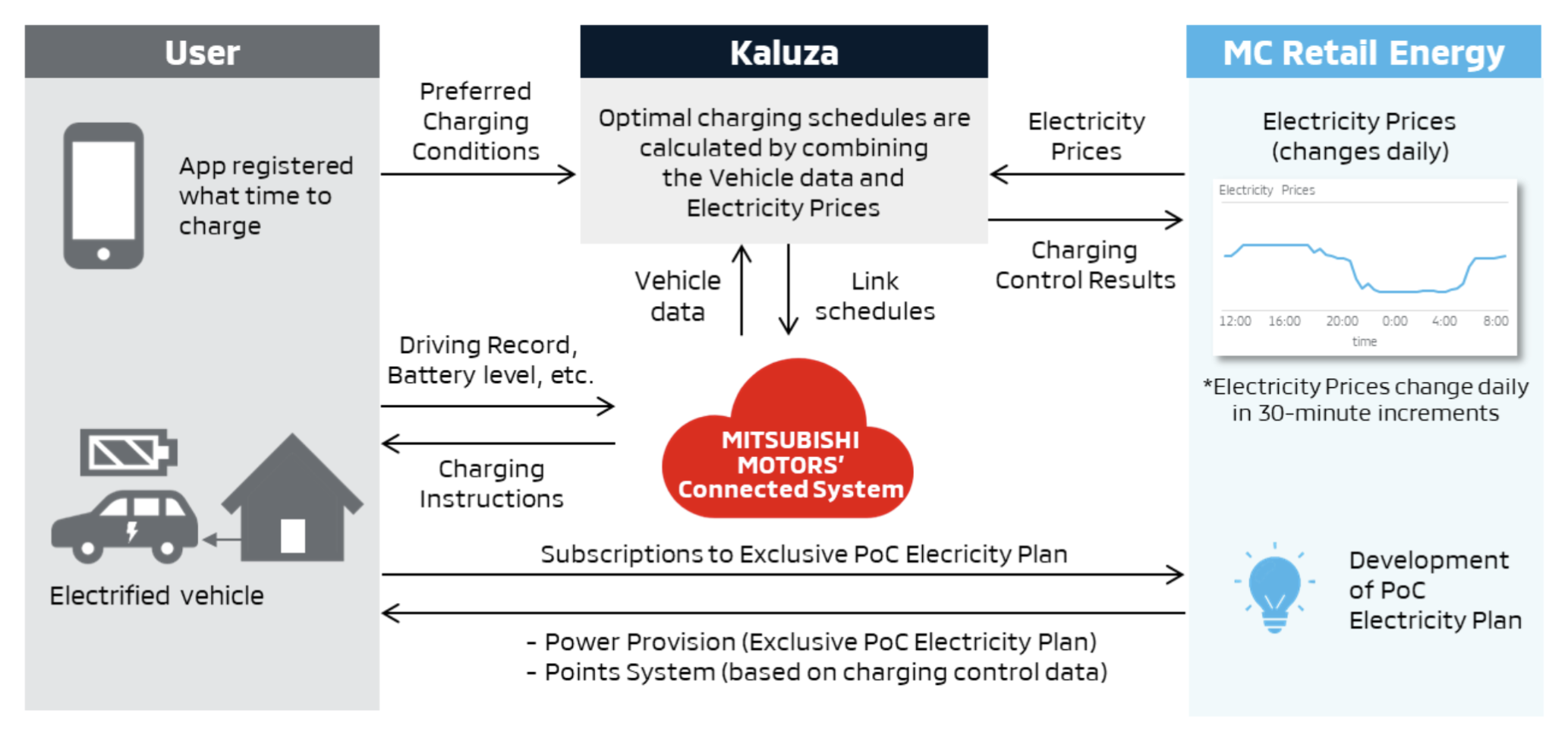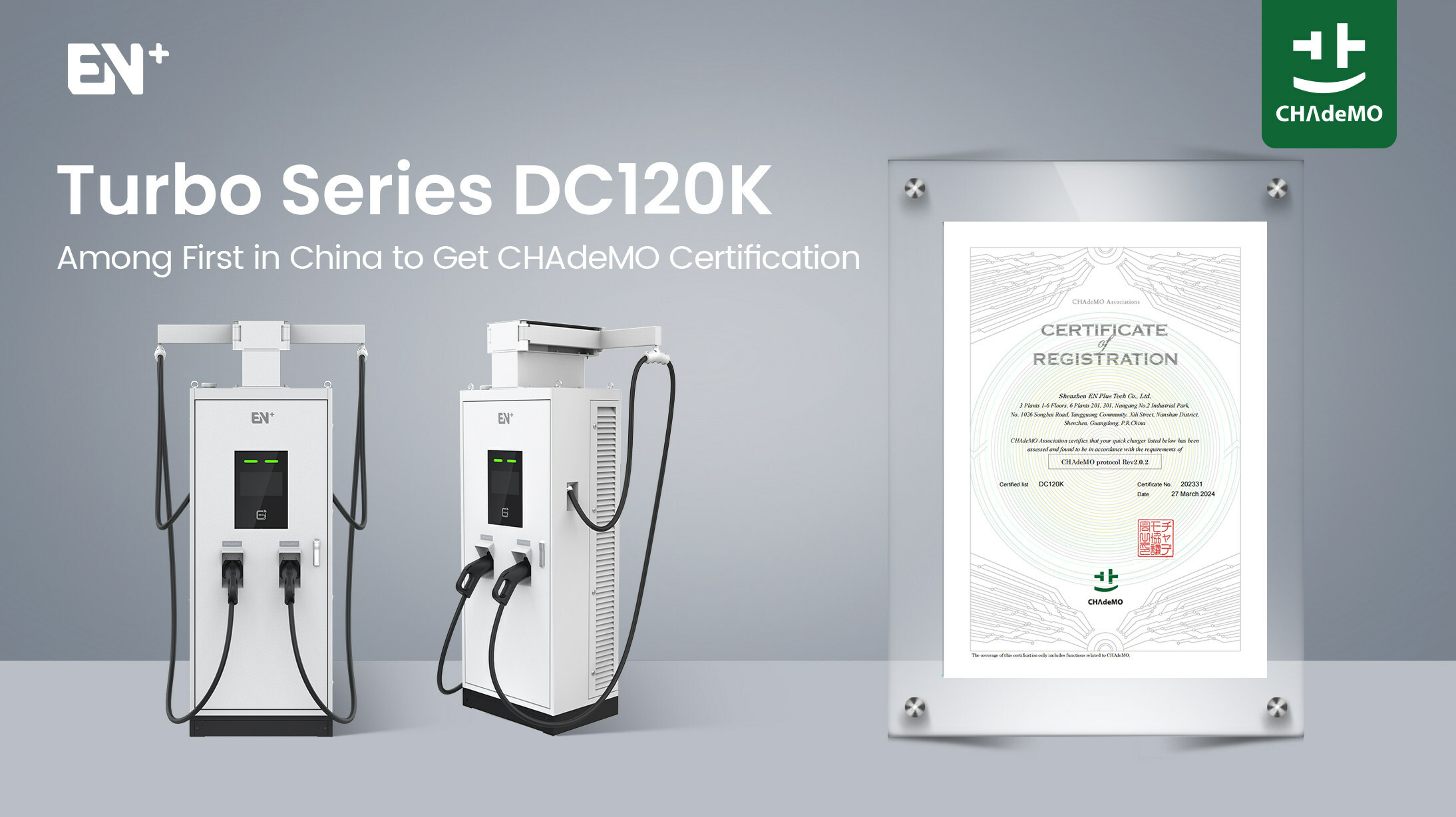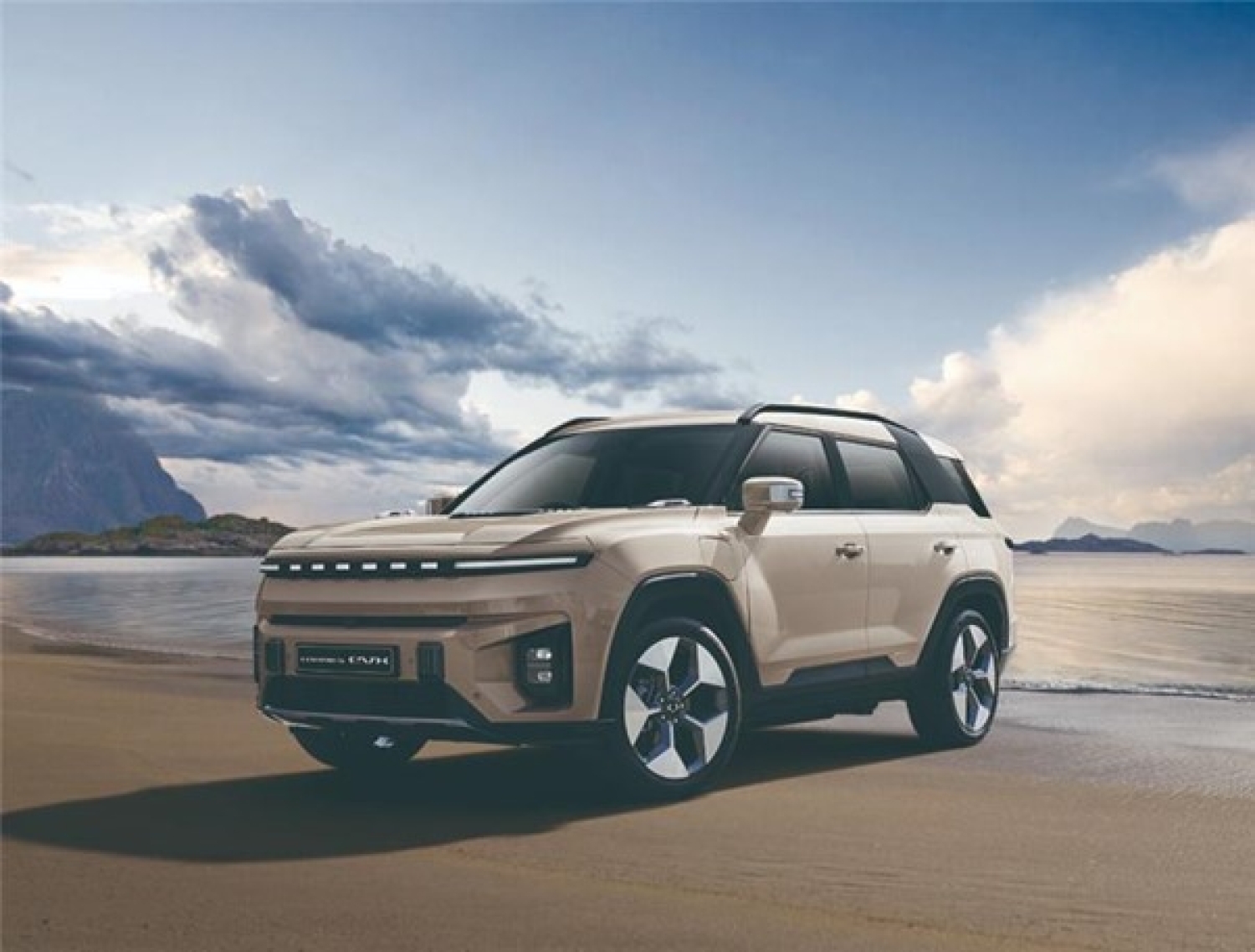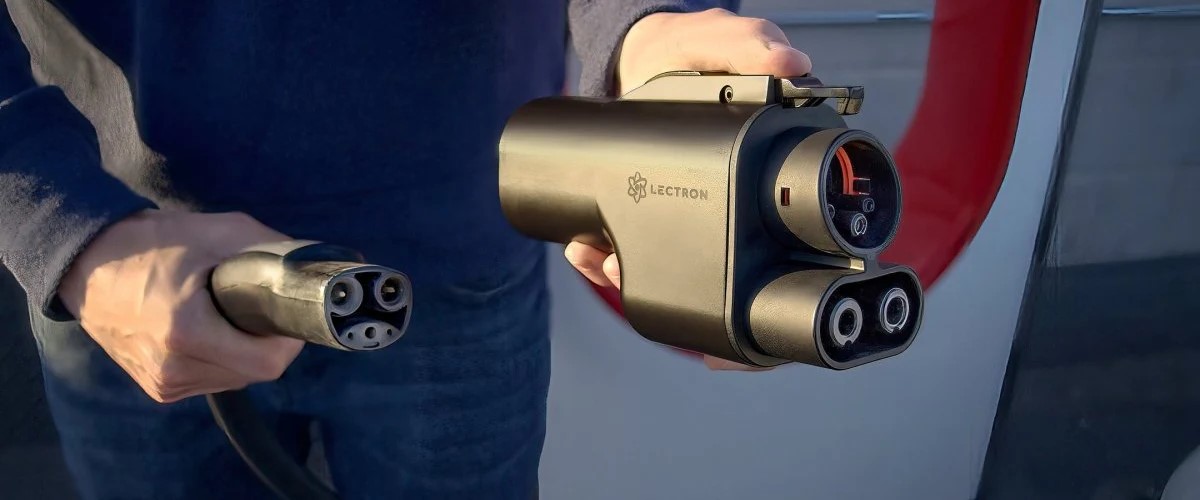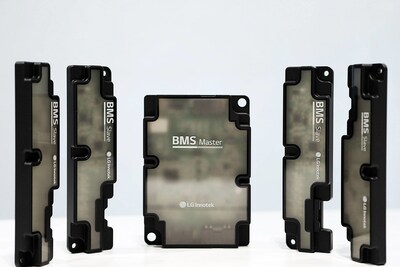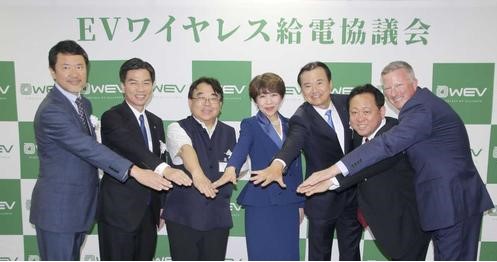
As a founding member of the Council, WiTricity was front and centre with its CEO, Joe Benz, addressing council members and the media.
With the council’s enthusiasm and acumen, this new era in electric mobility will be promoted alongside the social infrastructure necessary for wireless power transfer. The council will also participate in the development of a compatible power transfer system for global adoption – something that will help avoid what is currently taking place with plug-in chargers. Standards have been established in the United States, Europe, and China. As a driving force in helping establish the current standards in each region, WiTricity is pleased to be an integral member of the council that will establish standards, seek regulatory approvals, and promote commercial adoption in Japan.
The council was established by Kansai Electric Power Company (EPCO), which is conducting verification tests of power transmission and distribution management systems; Daihen, which has strengths in power transmission and reception equipment; Sinanen, a trading company with a vision for renewable energy infrastructure; and Mitsubishi Research Institute, a think tank with expertise in the wireless charging market and regulations. A total of 55 companies have initially joined the council, including automobile giants such as Honda, Mazda, and Mitsubishi Motors, as well as general contractors such as Taisei Corporation and Obayashi Corporation.
The council will serve as a liaison to the Ministry of Internal Affairs and Communications (MIC), which is in charge of radio wave administration, and the Ministry of Land, Infrastructure, Transport, and Tourism (MLIT), which is in charge of road management, for deregulation and the establishment of new systems in the area of social infrastructure development.
Mitsubishi Research Institute (MRI), one of the founding council members, commented that the power transmission efficiency and hourly cost of wireless charging is comparable to plug-in chargers. In fact, wireless charging operates at an efficiency that is equivalent to Level 2 plug-in charging, plus users get the added efficiency of not having to spend time plugging and unplugging the vehicle. To bring wireless charging to a growing marketplace, MRI commented, “Cooperation with automakers is essential by equipping finished vehicles with this equipment.”



